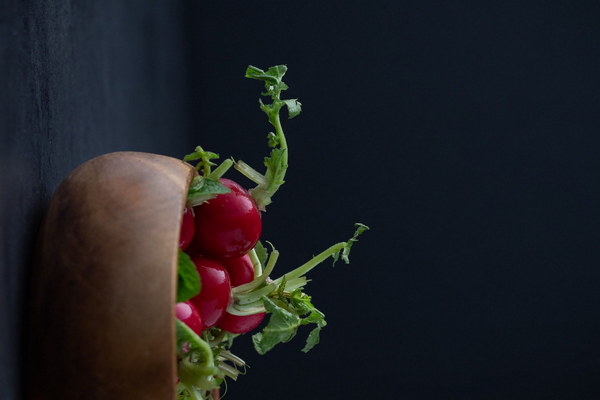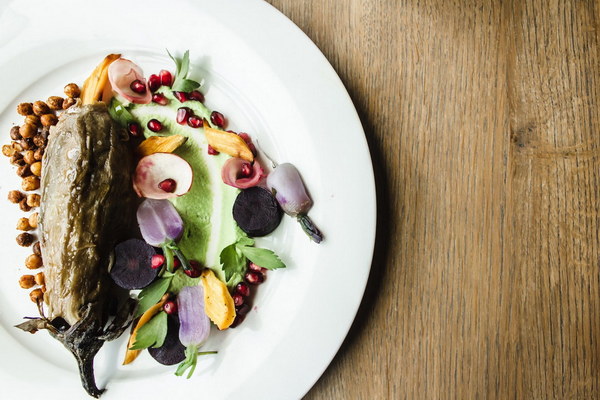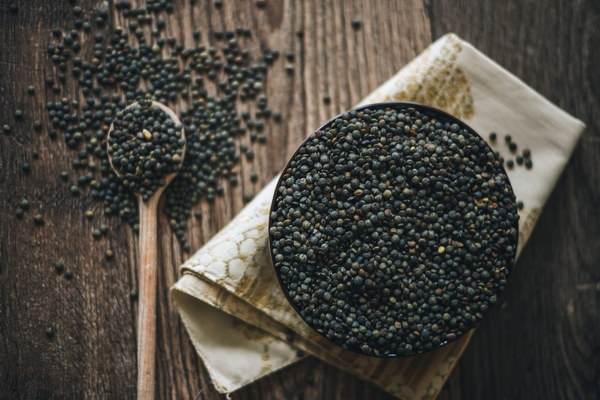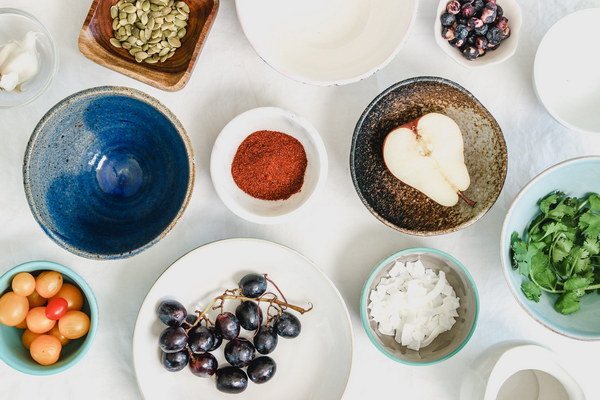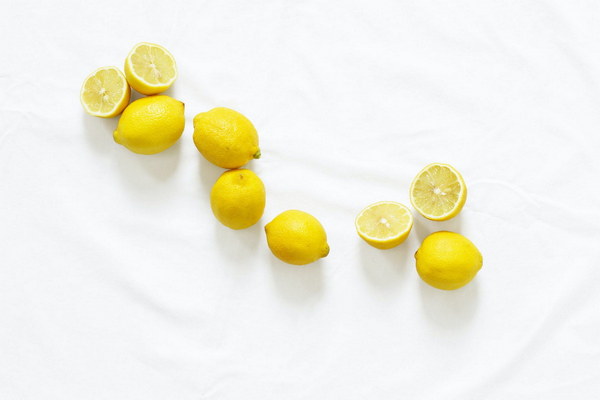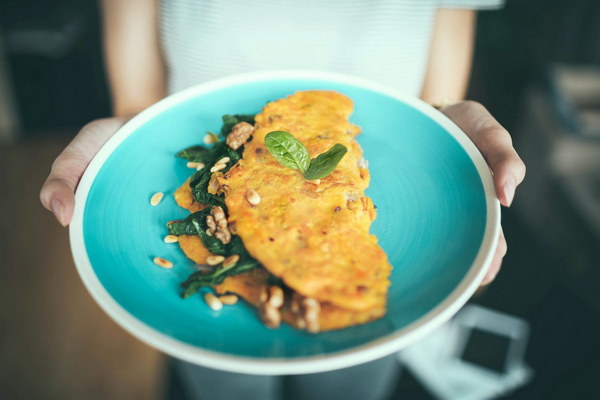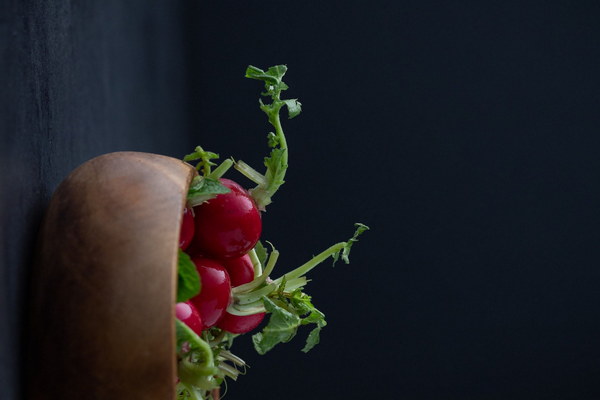Nourishing Remedies A Guide to Dietary Treatments for Hot Urinary Tract Infection
Hot urinary tract infection (UTI), also known as cystitis, is a common and uncomfortable condition that can disrupt daily life. While medical treatment is crucial for managing the infection, dietary adjustments can also play a significant role in alleviating symptoms and promoting healing. This article explores the world of hot UTI dietary treatments, offering a guide to nourishing remedies that can complement medical care.
Understanding Hot Urinary Tract Infection
Before delving into dietary treatments, it's important to understand the basics of hot UTI. This condition occurs when bacteria enter the urinary tract and multiply, leading to inflammation and infection. Symptoms can include frequent urination, a burning sensation during urination, lower abdominal pain, and cloudy or bloody urine.
Hydration: The Foundation of UTI Management
One of the most fundamental dietary treatments for hot UTI is staying hydrated. Drinking plenty of water helps flush out bacteria from the urinary tract, reducing the risk of infection. Aim for at least eight glasses of water per day, and consider herbal teas that are known for their diuretic properties, such as nettle tea or dandelion tea.
Antioxidant-Rich Foods
Antioxidants can help combat the free radicals that may contribute to the inflammation associated with UTIs. Foods high in antioxidants include:
- Berries: Blueberries, strawberries, raspberries, and blackberries are all rich in antioxidants and can be enjoyed fresh or as part of smoothies.
- Red cabbage: This cruciferous vegetable is packed with antioxidants and can be added to salads or cooked dishes.
- Leafy greens: Spinach, kale, and Swiss chard are excellent sources of antioxidants and can be incorporated into sandwiches, salads, or smoothies.
Probiotic-Rich Foods
Probiotics are beneficial bacteria that can help maintain a healthy balance of gut flora. Incorporating probiotic-rich foods into your diet can support overall health and potentially aid in preventing UTIs. Some great options include:
- Yogurt: Look for plain, unsweetened yogurt with live and active cultures.
- Kefir: This fermented milk drink is high in probiotics and can be enjoyed on its own or as a base for smoothies.
- Sauerkraut: Fermented cabbage, sauerkraut is a tangy and flavorful probiotic food that can be added to sandwiches or served as a side dish.
Alkaline Foods
Alkaline-forming foods can help maintain the pH balance of urine, which can be beneficial in preventing UTIs. Some alkaline foods to include in your diet are:

- Green leafy vegetables: Spinach, kale, and collard greens are all high in alkaline minerals and can be enjoyed raw in salads or cooked in various dishes.
- Almonds: These nuts are rich in alkaline minerals and can be added to salads, trail mixes, or eaten as a snack.
- Coconut water: This natural hydrator is also alkaline and can be a refreshing alternative to sugary drinks.
Avoiding Irritants
Certain foods can irritate the urinary tract and exacerbate symptoms of a hot UTI. It's important to avoid or limit consumption of:
- Citrus fruits: Oranges, lemons, and grapefruits can be highly acidic and irritating to the urinary tract.
- Alcohol and caffeine: These diuretics can dehydrate you and make it harder for your body to flush out bacteria.
- Spicy foods: Hot spices can irritate the urinary tract and make symptoms worse.
Supplements and Herbs
In addition to dietary changes, some supplements and herbs may support the body's natural defense against UTIs:
- Vitamin C: This vitamin has natural diuretic properties and can help acidify urine, making it less hospitable to bacteria.
- Echinacea: This herb is often used to boost the immune system and may help prevent recurrent UTIs.
- Uva ursi: Also known as bearberry, this herb has been traditionally used to treat UTIs due to its antibacterial properties.
Conclusion
While medical treatment is essential for addressing the infection itself, incorporating these dietary treatments can help alleviate symptoms and support the body's natural healing process. Remember to consult with a healthcare professional before making significant changes to your diet or starting any new supplement or herbal regimen. By nourishing your body with the right foods and drinks, you can take an active role in managing hot urinary tract infections.
